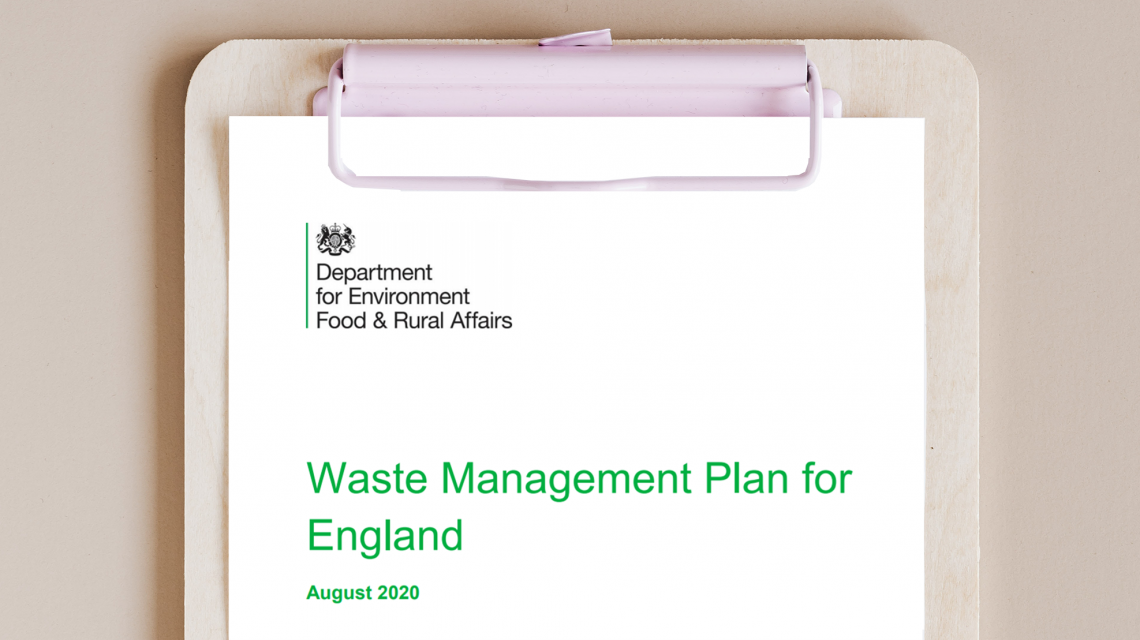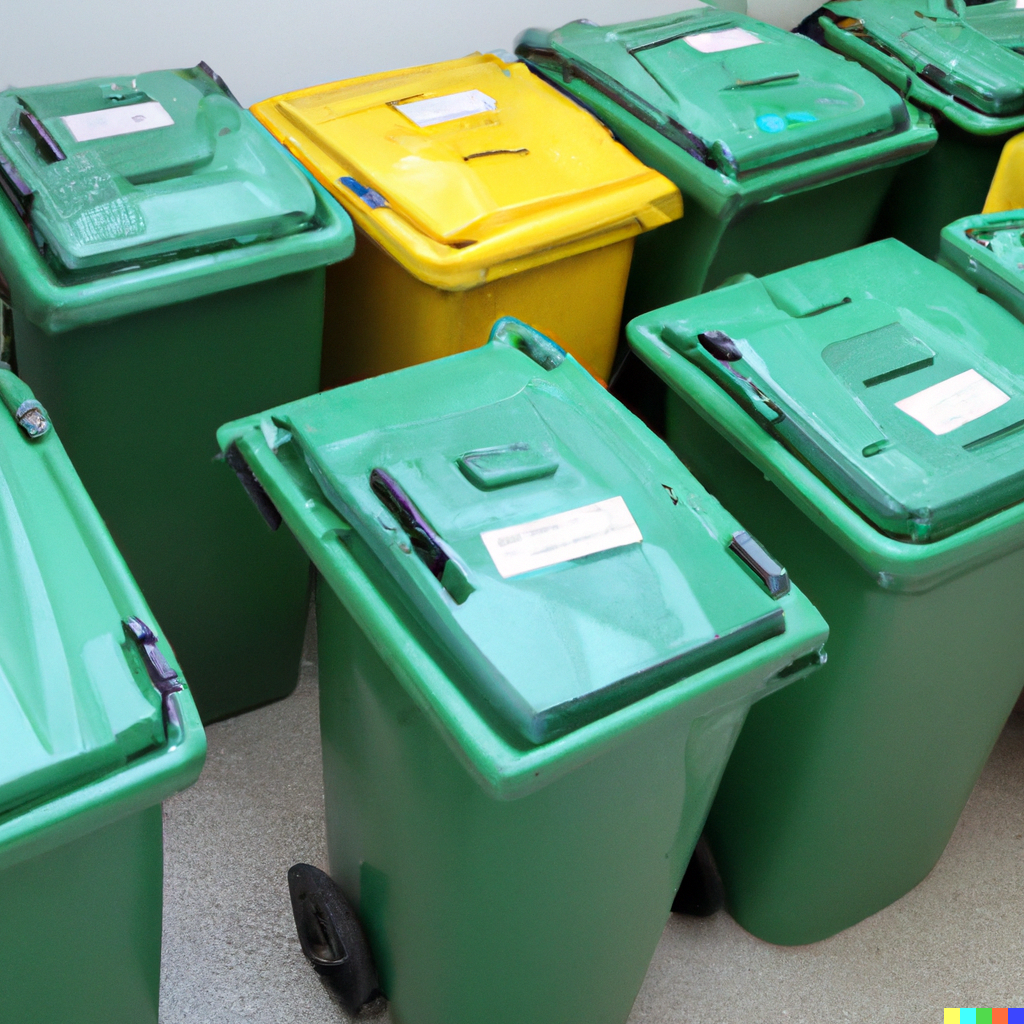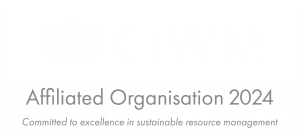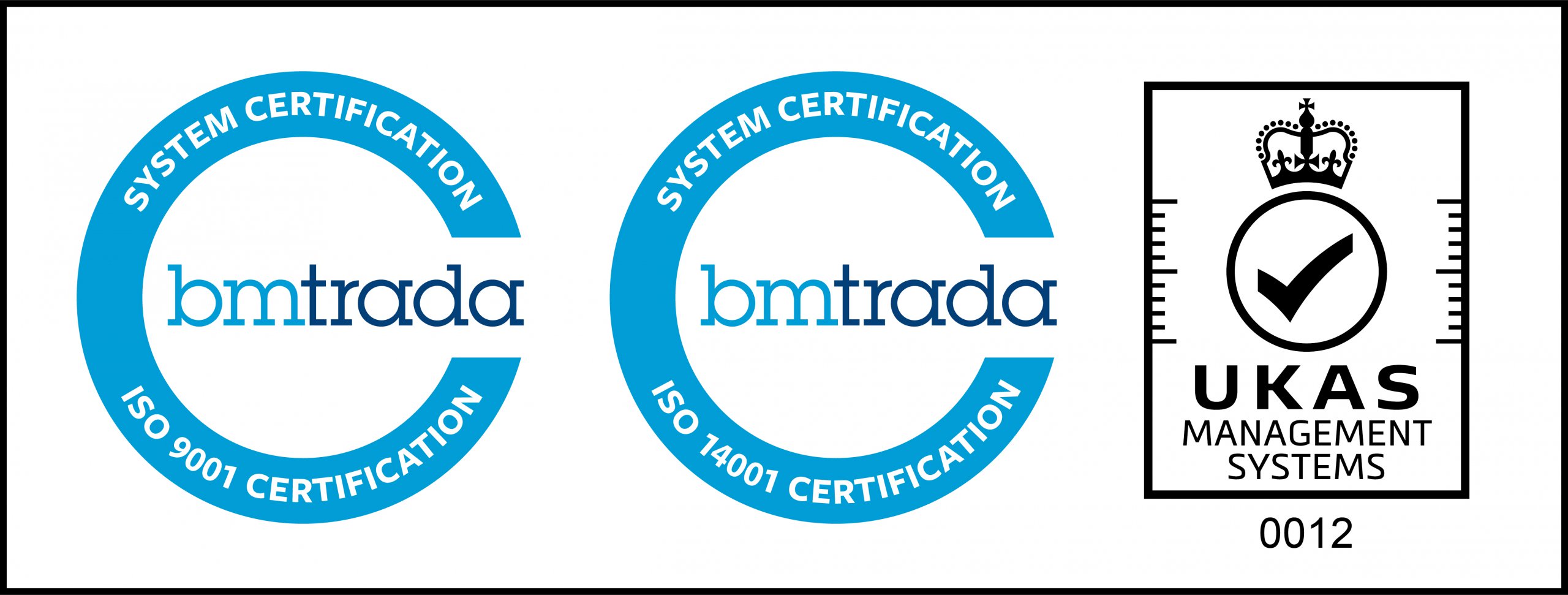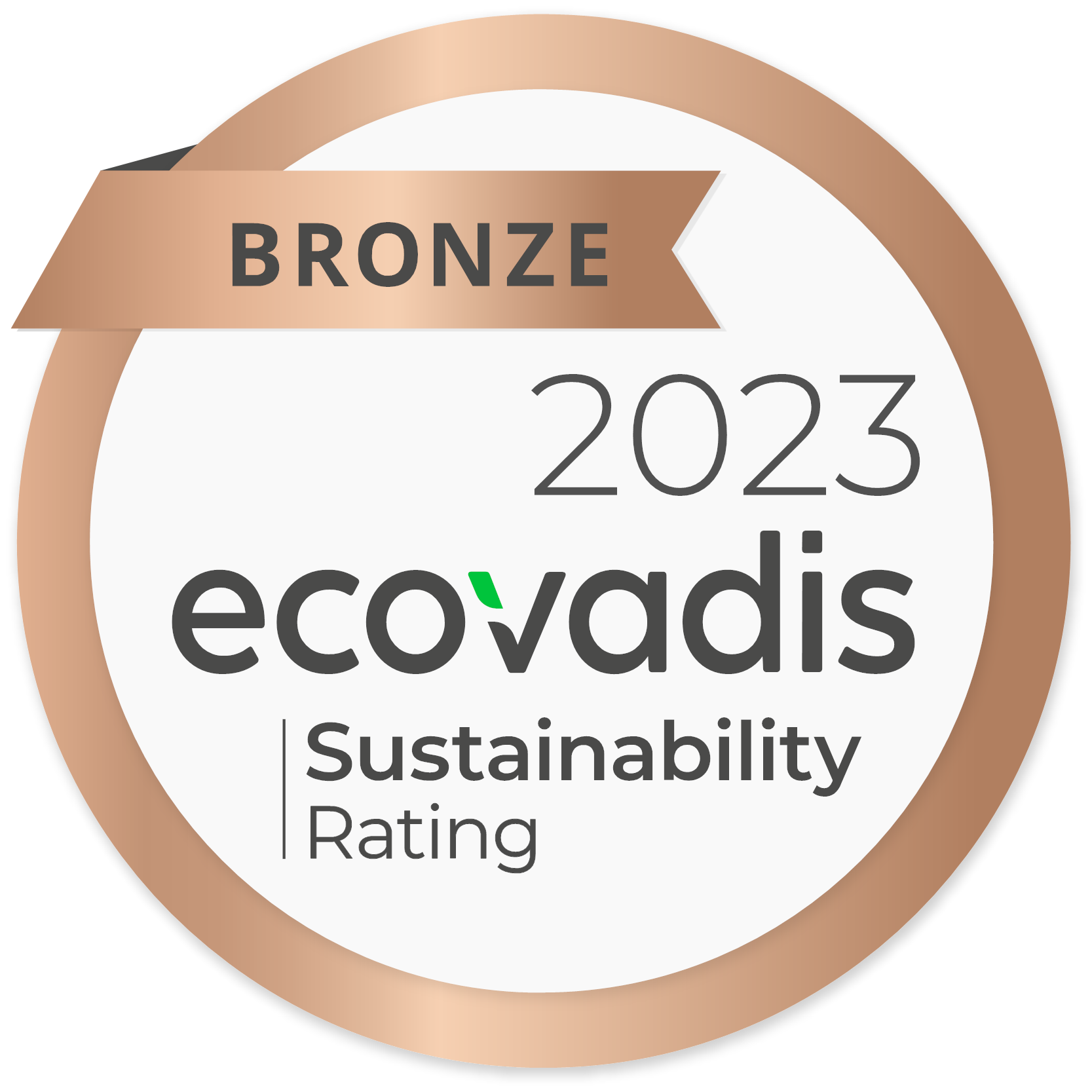Last week, on 20th August, the Department for Environment, Food and Rural Affairs (Defra) published their Waste Management Plan for England. The plan, which the Government is legally obliged to update every six years under the European Union’s Waste Framework Directive, does not outline any new regulation but provides an overview of Waste Management in England.
While the Resources and Waste Strategy sets out a vision to move to a more circular economy, along with policies to achieve this, for example Extended Producer Responsibility (EPR). The plan focuses on waste prevention programme for England, recognising the need for action from businesses, consumers, householders, and local authorities to achieve its objectives.
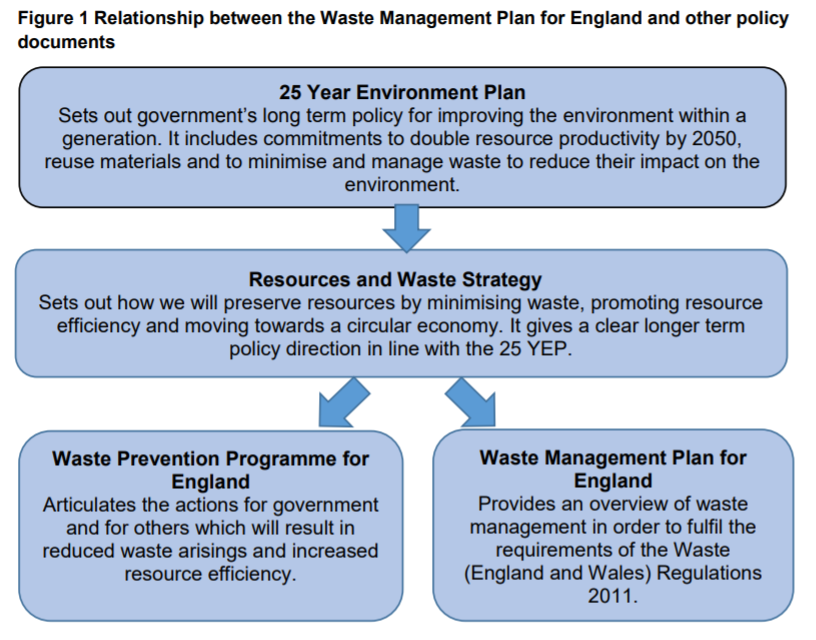
The plan reaffirmed that the 25 Year environmental Plan has committed Government to leave the environment in a better state than when we found it, with the Resources and Waste Strategy helping to meet this commitment. The strategy document released in December 2018, set out measures to eliminate avoidable plastic waste, tackle confusion over household recycling, and introduce EPR for packaging. The overall aim being to move from the inefficient ‘linear’ model of ‘take, make, use, throw’ to a more circular economy that prolongs the lives of materials, keeping resources in use for as long as possible and maximising their value.
The Resources and Waste Strategy identifies five ambitions:
- To work towards all plastic packaging placed on the market being recyclable, reusable or compostable by 2025
- To work towards eliminating food waste to landfill by 2030
- To eliminate avoidable plastic waste over the lifetime of the 25 Year Environment Plan
- To double resource productivity by 2050
- To eliminate avoidable waste of all kinds by 2050
The second stage consultations for the Resources and Waste Strategy are not expected until 2021, despite originally planned for 2020, with various unforeseen circumstances these have been delayed (read more on this here). Despite this delay Defra have confirmed that they are still working towards the 2023 goal outlined in the strategies key milestones timeline shown below.
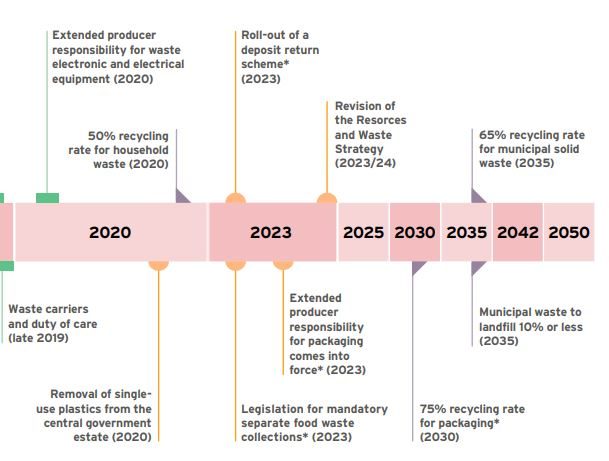
Read our summary of the responses to the initial consultation stage published in July 2019 here.
The strategy explained that EPR is a powerful policy approach which extends a producer’s responsibility to the post-use stage with full net cost recovery, this in turn “incentivises producers to design their products to make it easier for them to be reused, dismantled and/or recycled at end of life”. It also outlined a set of core principles defined to act as a framework for reviewing existing producer responsibility schemes, shown below.
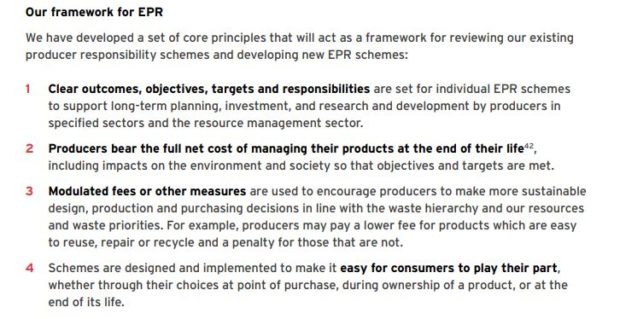
With change on the horizon, it is important that producers remain aware and engage with the Government consultations, where possible, to help shape new policies. We are keen to work with our members before the second stage consultations are released to offer advice and share ideas, aiming to ensure producers are well informed and prepared, not only for the consultations but the changes ahead. We will notify members when the consultations are published in 2021, in the meantime, if you have any questions or thoughts on the Resources and Waste Strategy, EPR, or the consultations, please get in touch.

